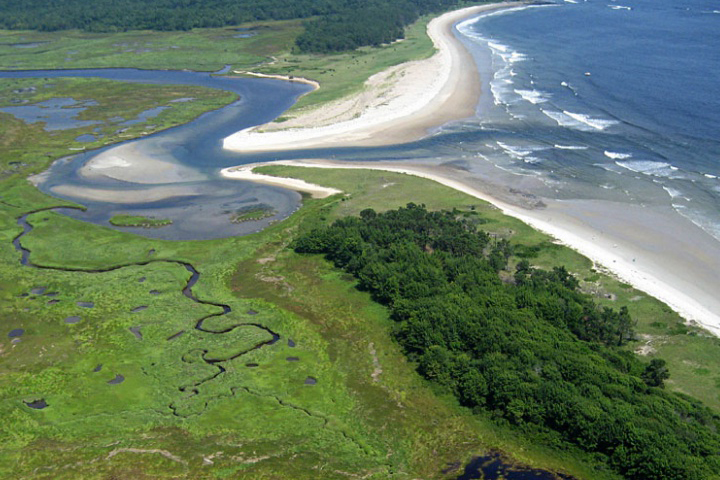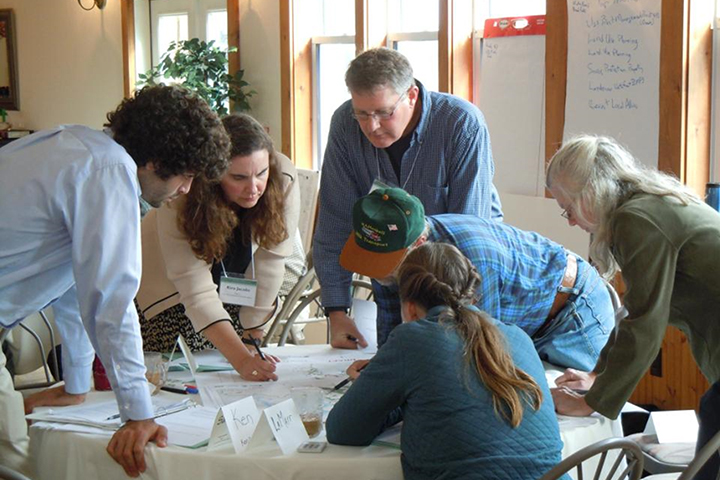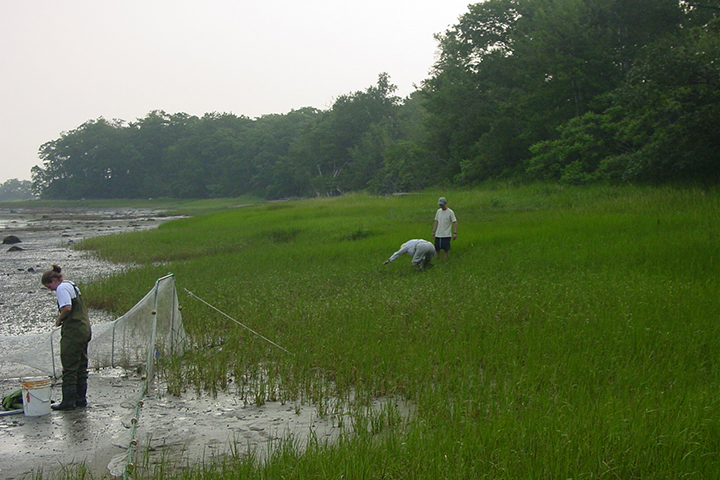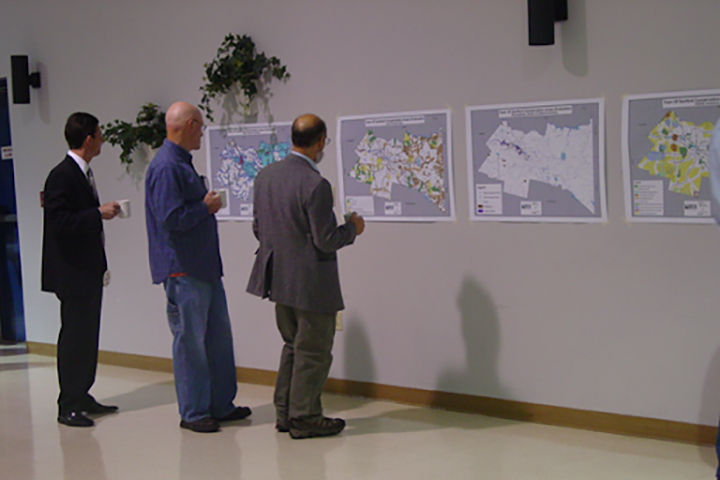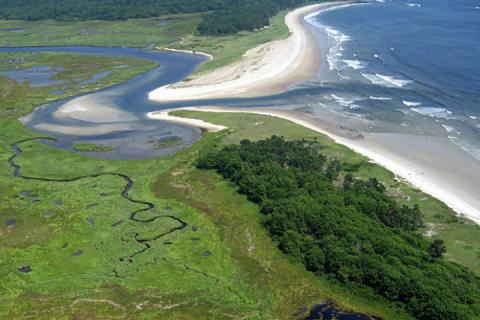
Resilience dialogues are conversations that occur among people with diverse perspectives who have agreed to work together to increase community and ecological resilience. For over a decade, the National Estuarine Research Reserve System has been leading a new approach to collaborative science that brings together scientists, environmental managers, and community stakeholders to address pressing coastal issues. Conflict is a natural part of collaborative science as people with differing perspectives and values interact in new ways over complex and uncertain issues.
While leading collaborative science projects, reserves and their partners have accumulated a wealth of knowledge about how to confront and manage conflict. The Resilience Dialogues project drew on this experience to identify four best practices for collaborative science. The project created a curriculum, case studies, and peer-to-peer trainings to share these successful collaboration techniques and build conflict mediation skills. Multiple in-person and virtual workshops for reserve staff established these best practices and contributed to the effectiveness of collaborative science projects within the reserve system, while the project’s resources brought this expertise to a wider audience of state agencies and coastal management partners.
